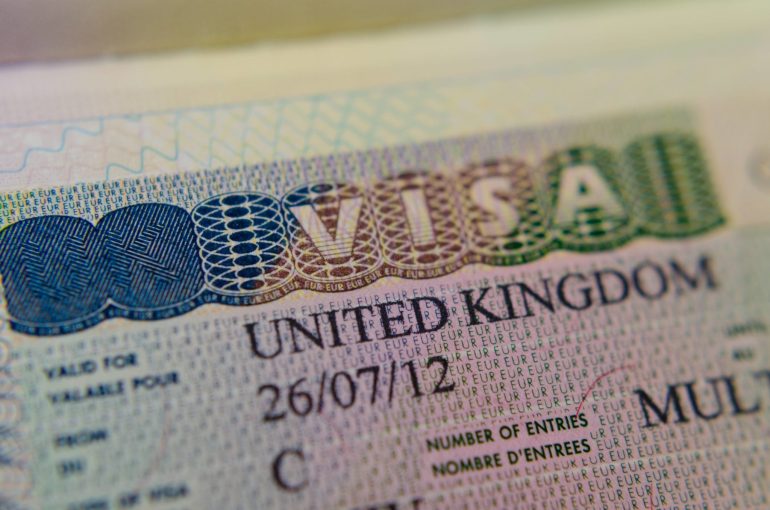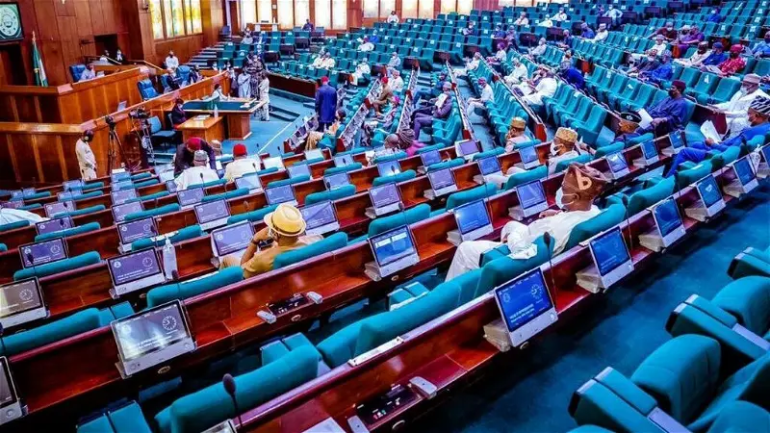Listeners:
Top listeners:
-
play_arrow
104.9FM Best rock music demo
-
play_arrow
Demo Radio Nr.1 For New Music And All The Hits!
-
play_arrow
Demo Radio Techno Top Music Radio
-
 play_arrow
play_arrow
Police Commissioner Launches Weapon and Riot Control Training for FCT Officers Democracy Radio
Oluwakemi Kindness
The Nigeria Customs Service (NCS) on Wednesday announced the exemption of import duty and Value Added Tax (VAT) from critical raw materials essential for the production of pharmaceutical products for a period of two years.
This exemption according to Customs covers Active Pharmaceutical Ingredients (APIs), excipients, and other vital raw materials required for manufacturing essential medicines, Long-Lasting Insecticidal Nets (LLINs), Rapid Diagnostic Kits, reagents, and packaging materials.
This is drawn from the Presidential directives aimed at enhancing local manufacturing of healthcare products, reducing the costs of medical equipment and consumables, as well as stimulating local investments.
A statement on Wednesday by the Spokesperson of Customs Abdullahi Maiwada, says to ensure these fiscal incentives are fully utilised, eligibility is limited to manufacturers of pharmaceutical products recognised by the Federal Ministry of Health and Social Welfare, provided they possess a valid Tax Identification Number (TIN).
This measure ensures that the benefits directly support legitimate manufacturers committed to strengthening Nigeria’s healthcare infrastructure.
In commitment to transparency and effective monitoring, the NCS says it will compile quarterly reports detailing all importations under this policy, including data on importers, quantities, and values of the imported items, ensuring the policy’s implementation aligns with its intended objectives.
The Nigeria Customs Service according to the statement remains committed to supporting government policies while fulfilling its mandate to facilitate trade, enhance border security, and drive national development. Successful implementation of this policy requires collaboration from all stakeholders, including importers, manufacturers, and relevant government agencies.
Through our collective efforts, we can achieve the shared goal of a robust healthcare sector that meets the needs of all Nigerians.
Written by: Democracy Radio
Similar posts
PAC Gives Finance Authorities October 2026 Deadline on Unaudited Accounts
todayFebruary 17, 2026 5
Copyright Democracy Radio -2024



